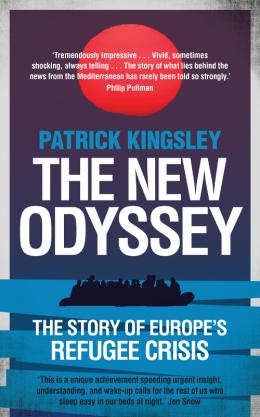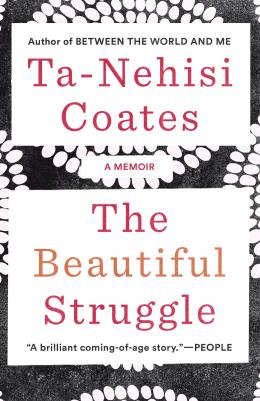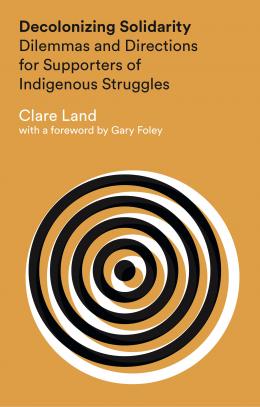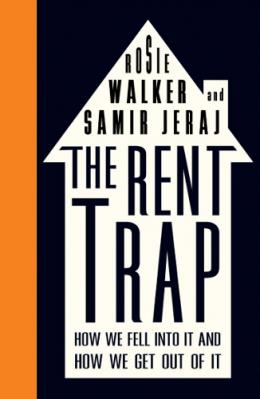Published a few weeks before the EU referendum, Richard Seymour’s latest book is an important and timely intervention into Labour party – and national – politics.
Seymour, a former member of the Socialist Workers Party, is known as one of the sharpest intellects on the Left, and his sympathetic analysis of the rise of Jeremy Corbyn to the Labour leadership doesn’t disappoint.
There is a welcome recap of the heady days of summer 2015, when the unassuming MP for North Islington – backed by grassroots activists, enthusiastic…















